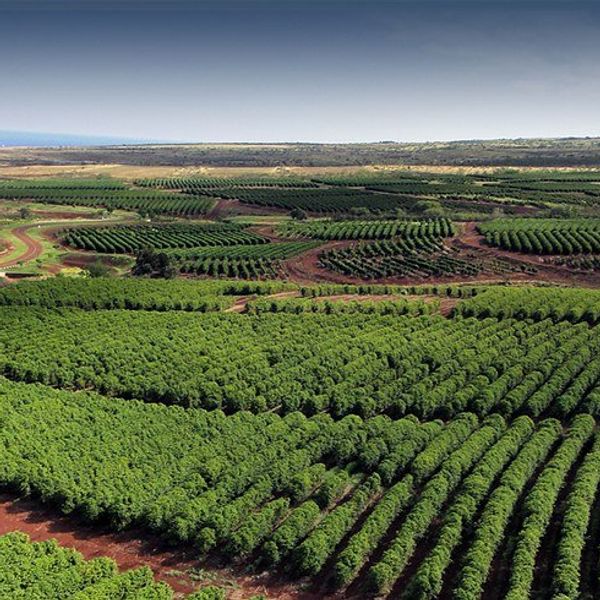A few weeks ago, I began researching food injustices in the world for a final paper for one of my courses. After searching the news for a while, I stumbled across an article informing that four African countries were (and still are) experiencing a famine crisis. I was amazed that I had not heard about this prior to seeking it out. Initially I thought that maybe I had just missed it in the news, although the following weeks I kept a lookout for any reports on the subject. But still, nothing.
South Sudan, Yemen, Somalia and Nigeria are pained with the devastation of experiencing one of the “worst global food crisis since World War II” with an estimated 20 million people suffering starvation. Yet to claim that these countries are experiencing a famine would actually be incorrect, because they have not been officially declared to be a state of famine by international standards.
That is regardless of the fact that an estimated 5.1 million people in South Sudan will be experiencing severe food insecurity in the coming months. Violence and drought threaten 3.1 million people’s abilities to eat a meal in Somalia. Countless people in Yemen are going hungry because they cannot afford the exploited prices of the food available, and 1.7 million people in Nigeria have been displaced because of violence hindering their capability to feed themselves. All these human lives that are struggling to simply survive still does not constitute a famine because the definition of famine demands even more lives lost in order to be declared.
Famine is a measure of mortality, malnutrition and hunger. The measures are a cruel system to rank someone’s agony. The gauge includes that “at least 20 per cent of households in an area face extreme food shortages with a limited ability to cope; acute malnutrition rates exceed 30 per cent; and the death rate exceeds two persons per day per 10,000 persons.” The book definition is a way to justify the claim that, "Although you may be hungry, your pain has not yet reached what has been deemed as real suffering."
When a famine is officially declared it holds responsible other nations to extend their resources to assist in fighting the diseases and starvation. By making the requirements extreme, it removes these nations from being held accountable in providing sufficient aid through personal resources. It is a tactic used to safeguard wealth and protect political face. The definition of the famine is reflective of elite nations that hold the power to shape the definition to benefit themselves while others, who do not hold such power, are seemingly forced into starvation.
Famine, by definition, is a forced starvation. It is a “massive violation of the right to food” because every human life deserves the fundamental need to live. The point when famine can be officially declared, it is already too late. People have already been suffering for months or even years. Countless graves scatter these countries physically tallying each and every failure of the international community to respond to this overwhelming food crisis. All because their suffering did not match the statistical criteria.



















